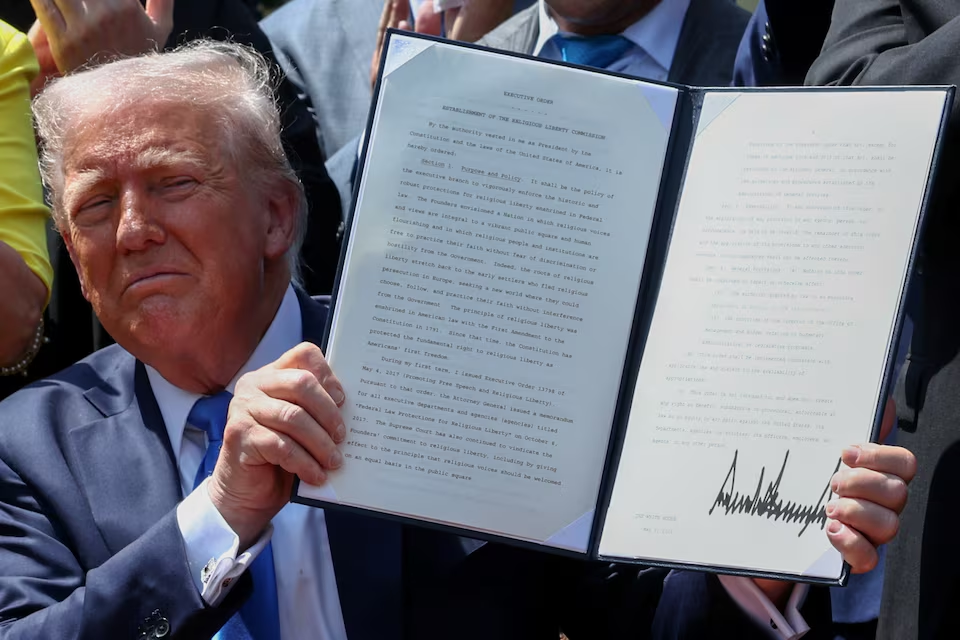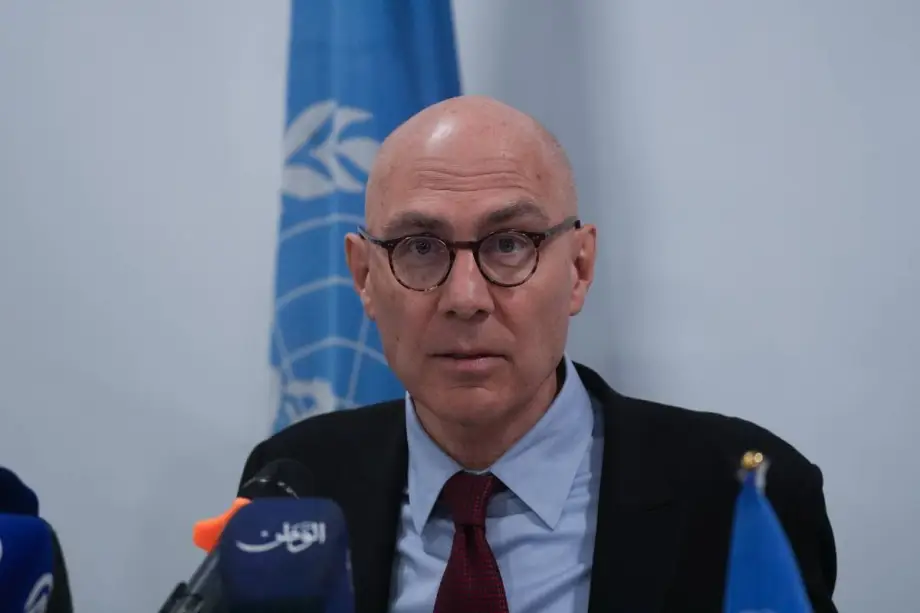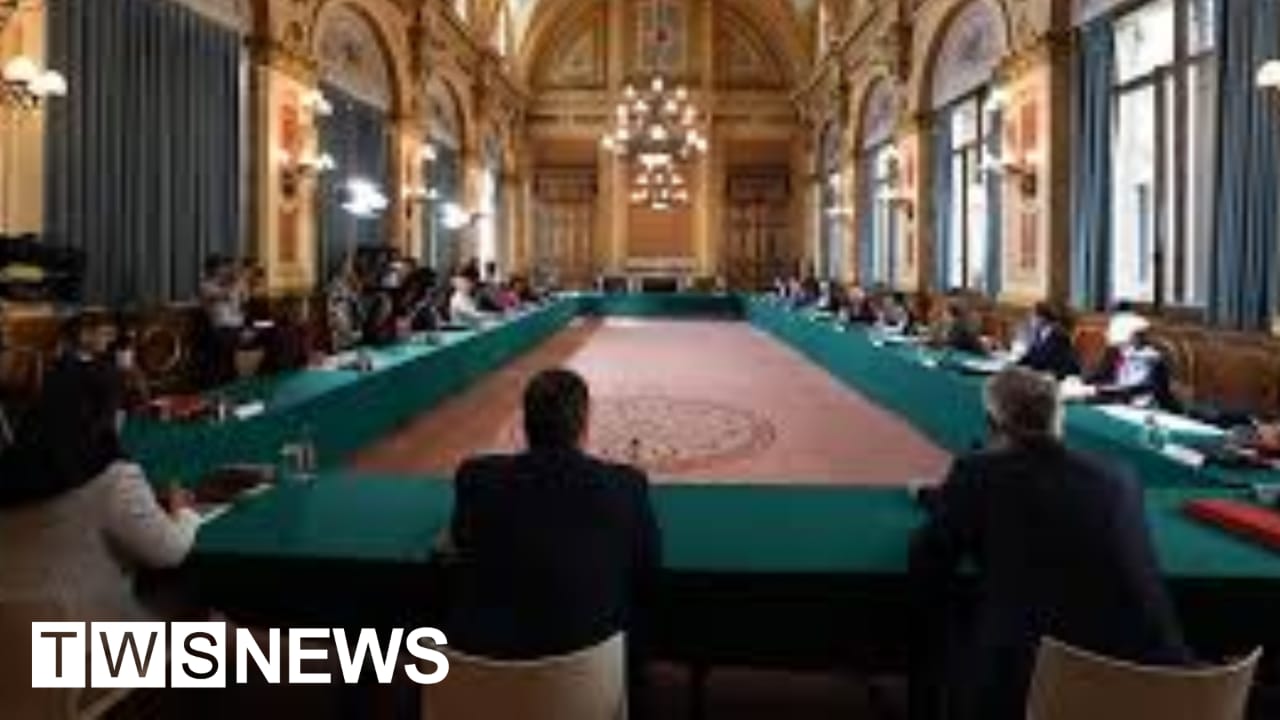Washington, May 1 Former U.S. President Donald Trump on Wednesday signed an executive order establishing a Religious Liberty Commission, part of a broader initiative he says will protect Americans of faith from government overreach and discrimination..
The signing took place during a multi-faith event held in the White House Rose Garden, attended by religious leaders, political allies, and members of Trump’s administration. The commission, according to the order, will advise the president on policies affecting religious groups and monitor instances of what Trump described as a “disturbing rise in hostility” toward religion in public life.
“Religious Americans have been under siege,” Trump said during prepared remarks. “This commission is going to make sure that never again will faith be pushed out of the public square in America.”
The new commission follows a series of moves by Trump targeting what he has labeled anti-religious bias in federal institutions. In February, he re-established the White House Faith Office and directed Attorney General Pam Bondi to lead a federal task force investigating alleged discrimination against Christian groups in particular.
Critics have accused Trump of using these initiatives to curry favor with conservative religious voters ahead of the 2024 election, arguing they may blur the line between church and state. Civil liberties advocates voiced concern that the new commission could be used to privilege certain faiths — particularly Christianity — over others, despite its stated multi-faith composition.
“Religious liberty means freedom for all religions, not special rights for the politically favored,” said Rachel Laser, president of Americans United for Separation of Church and State. “This commission risks undermining true religious freedom in America.”
The executive order outlines that the commission will consist of religious leaders, constitutional scholars, and legal experts. While specific members have not yet been named, administration officials said the group will meet quarterly and deliver regular reports to the president on religious rights and protections. It will also be tasked with recommending legislative and policy proposals.
At the Rose Garden event, Trump was joined by representatives from various faiths, including evangelical pastors, Jewish leaders, and Muslim advocates, who praised the initiative. One Christian pastor, who participated in a prayer during the event, described the commission as a “God-sent response to decades of secular aggression.”
Bondi, addressing reporters after the signing, emphasized that the administration’s goal was to “restore fairness and balance” to federal agencies, and pledged the task force would work closely with the new commission.
While supporters argue that the move affirms constitutional rights to free exercise of religion, others argue that its implementation will need to be closely watched to ensure it does not become a vehicle for partisan religious activism.
Legal analysts note that the commission itself holds no direct authority over policy or enforcement, but its influence could be significant if its recommendations guide future executive or legislative actions.
“This is more symbolic than anything,” said James Madison University law professor Eliza Howard. “But symbols matter — especially when they signal a shift in how the government understands its role in religion.”
Wednesday’s announcement adds to the growing list of religion-centered policies reintroduced or expanded by Trump since returning to office. His administration has frequently cited the First Amendment as a basis for these efforts, arguing that religious expression has been unfairly limited in schools, workplaces, and public discourse.
Trump concluded his remarks by stating, “This is just the beginning. We are bringing faith back to the forefront — where it belongs.”
Source; Reuters



